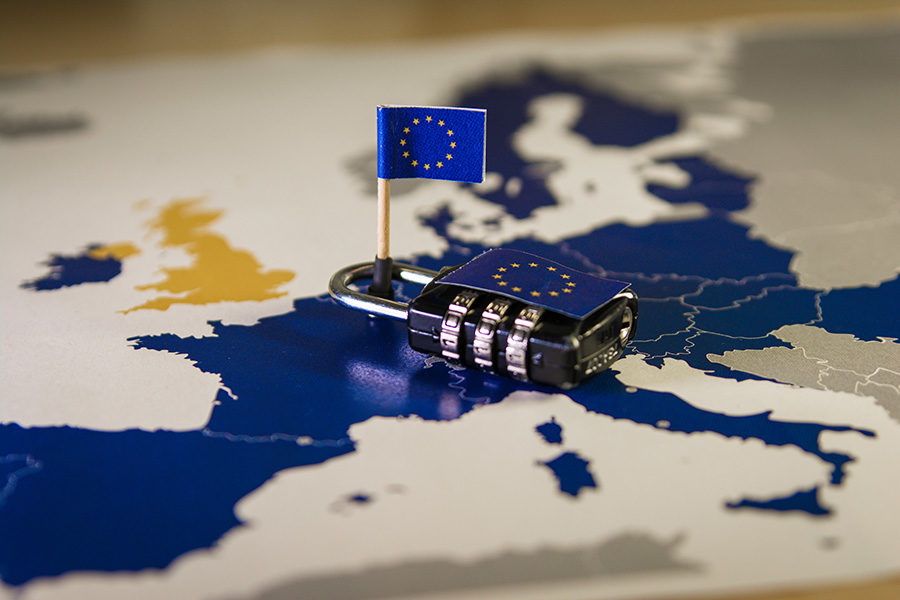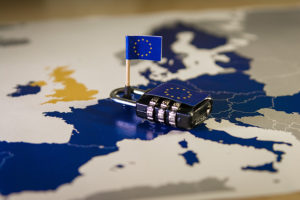European Commission extends standstill on Belgian advertising ban

Malta had requested an extension of the stand-still period on the ban.
Belgium.- The European Commission has announced that it has extended the “standstill period” for Belgium’s ban on gambling advertising after receiving a requisition from Malta. The decision could delay the introduction of the ban, which would affect all gambling operations apart from the Belgian national lottery.
Belgium plans to introduce the ban via a royal decree. In its presentation to the EC, it argues that advertising “normalises gambling in society” and “presents it as socially and culturally acceptable behaviour and as a legitimate leisure activity”. It says this is detrimental to vulnerable groups such as minors and gambling addicts.
It said: “In the absence of a rule at the European Union level, member states are free to lay down their own rules in this area. With a view to improving player protection, the purpose of this decree is to limit the forms of advertising permitted in the field of gambling and betting and to impose rules on the content of such advertising.”
However, EU rules allow a standstill period in which other European states can challenge a country’s proposed legislation through the European Commission if they believe it breaches European Union rules on the free movement of goods and services. The hold on Belgium’s royal decree was to expire on August 9, but Malta has asked for an extension until September 9, which suggest it may be planning to challenge the legislation.
Justice minister Vincent Van Quickenborn has proposed the royal decree, which would ban almost all gambling advertising by the end of 2023 and any marketing in sports by the close of 2024. Equating gambling to ‘the new smoking’, Van Quickenborn wants a ban on advertising in print, TV, radio and online media – including social media – as well as posters in public places and personalised digital or post advertising.
The Belgian Association of Gaming Operators (BAGO) has criticised the proposal, saying it would cause players difficulty when it comes to distinguishing legal from illegal operators. It highlighted a survey from UGent showing that one in three gaming operators that advertise on social media in Belgium are unlicensed and operating illegally.
Meanwhile, the Belgian National Lottery has responded to allegations that it effectively bought the proposed ban.









